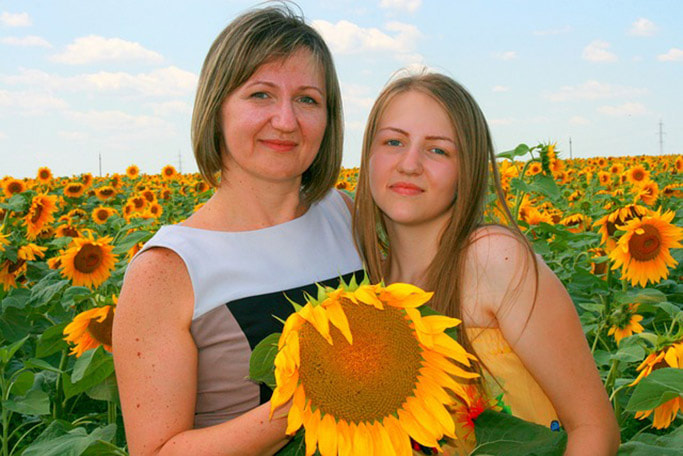Helicopter Parenting: Definition, Examples, & EffectsBy Charlie Huntington, M.A., Ph.D. Candidate
Helicopter parenting is when parents do for their children what the children can and should do for themselves. What are the consequences for these children?
they were responsible for their performance in class, not their parents.
I felt a wave of relief being told this, because I had heard many tales from other graduate students and faculty members about “those” parents—the ones who seemed more invested in their children’s grades than the children did themselves. I had been working with children as therapy clients for a couple years and was already aware of how overly involved parents could be in sensitive matters. And I had dated a private school teacher for several years, hearing plenty of stories about how many parents felt entitled to interfere in their children’s education. But I intend to keep teaching, and I know it’s only a matter of time before I encounter a true helicopter parent, so let’s look together at what the science has to say about helicopter parenting. Maybe I’ll even figure out how to draw healthy boundaries with this kind of parent. Before reading on, if you're a therapist, coach, or wellness entrepreneur, be sure to grab our free Wellness Business Growth eBook to get expert tips and free resources that will help you grow your business exponentially.
Are You a Therapist, Coach, or Wellness Entrepreneur?
Grab Our Free eBook to Learn How to
|
Are You a Therapist, Coach, or Wellness Entrepreneur?
Grab Our Free eBook to Learn How to Grow Your Wellness Business Fast!
|
Terms, Privacy & Affiliate Disclosure | Contact | FAQs
* The Berkeley Well-Being Institute. LLC is not affiliated with UC Berkeley.
Copyright © 2024, The Berkeley Well-Being Institute, LLC
* The Berkeley Well-Being Institute. LLC is not affiliated with UC Berkeley.
Copyright © 2024, The Berkeley Well-Being Institute, LLC




